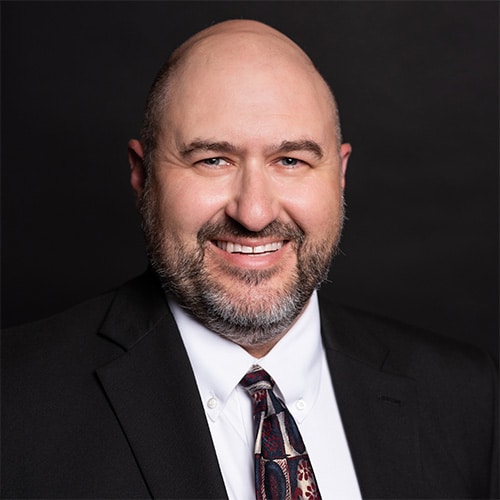Home » Board Perspective » Planning for Campuses and Large-Scale Operations
Board Perspective
Planning for Campuses and Large-Scale Operations
stock.adobe.com / Andrii
Adapting to post-pandemic changes in parking and transportation.
Even before the pandemic, planning and operations for large-scale entities such as universities, hospitals, airports, business parks, and retail was challenging. Yet most of us probably felt that we knew what to expect most of the time. That all changed in March 2020, and the recovery since the pandemic started has not been predictable as different markets have bounced back at varying levels, both physically and financially.
Long-term Planning
Planning for a large operation can take many forms. As the operation forecasts its growth, what is the parking and transportation master plan to carry it out? A good master plan guides the future, allowing parking and transportation operations to be proactive rather than reactive. How many had working master plans that were seemingly thrown to the side, either temporarily or permanently, because of the pandemic? In some segments, workplaces continuing telework options have decreased parking volumes and revenue without offsetting rate increases.
Usage of transit and buses has dropped since 2019. However, other segments like airports have seen a return or near return to pre-pandemic levels. As parking volumes rebound in my university operation, the question I have is whether this an anomaly or a return to normal? If the latter, all those long-term plans tossed to the side the past few years need to be dug out again, such as figuring out whether we need another parking deck or new shuttle service, and of course how to pay for it with decreased revenue and rising costs.
Technology Planning
While our industry has always been technologically forward, the staffing challenges worsened by the pandemic have required new and innovative solutions. The momentum to implement new projects and solutions must be balanced with the re-prioritization of needs with the changes in parking demand. For instance, it wasn’t as critical to install a real-time space counting system in lots that used to be 90% full, but now could land a 747 with more than 1,000 empty spaces every day.
The pandemic really made me, and hopefully many other operators, think about what matters most in serving our customers. Although some projects may have been pushed to the side, I found enhanced support to accelerate others that automated processes.
Focus
Countless webinars, conference presentations at the IPMI Parking & Mobility Conference & Expo and at state and regional association events, and articles in Parking & Mobility magazine about these topics has emerged in the last few years as large-scale operations sought to recover from the pandemic. The effects are lasting, even as some sense of normalcy returned. With decisions seeming to be magnified, I have leaned on the expertise found throughout IPMI, including fellow board members and so many of our committees that are producing high quality content and keeping the membership engaged. It has helped me focus on what’s important to operations, especially knowing we’re not alone in the constantly changing world of parking and transportation. I encourage you to be active in IPMI and take advantage of the offerings and professional development opportunities to continue preparing you to take on the challenges of your operations.
As a final note, I have been listening to a lot of Jimmy Buffet in the weeks following his passing (even more than I usually did as a Parrothead) and one of my favorites is A Pirate Turns Forty. In this song Jimmy commiserates about being a pirate 200 years too late. Well, for a short while I worried about parking going the way of being a pirate, but now I worry no more. It may be different, it may be changing, but it’s not going anywhere. You just must remember to breathe in, breathe out, and move on. ◆
Josh Cantor, CAPP, is the Director of Parking & Transportation for George Mason University and a member of the IPMI Board of Directors.
-
Josh Cantor, CAPPhttps://parking-mobility-magazine.org/author/josh-cantor-capp/March 3, 2022
-
Josh Cantor, CAPPhttps://parking-mobility-magazine.org/author/josh-cantor-capp/June 7, 2022

Passing the Torch
In June 2024, I will end my two years as

Carrying the Torch
The path to success unquestionably requires the courage to lead,

Seven-Generation Decision-Making
A major factor of sustainability is thinking about how we








